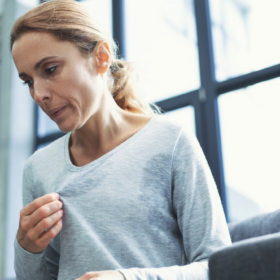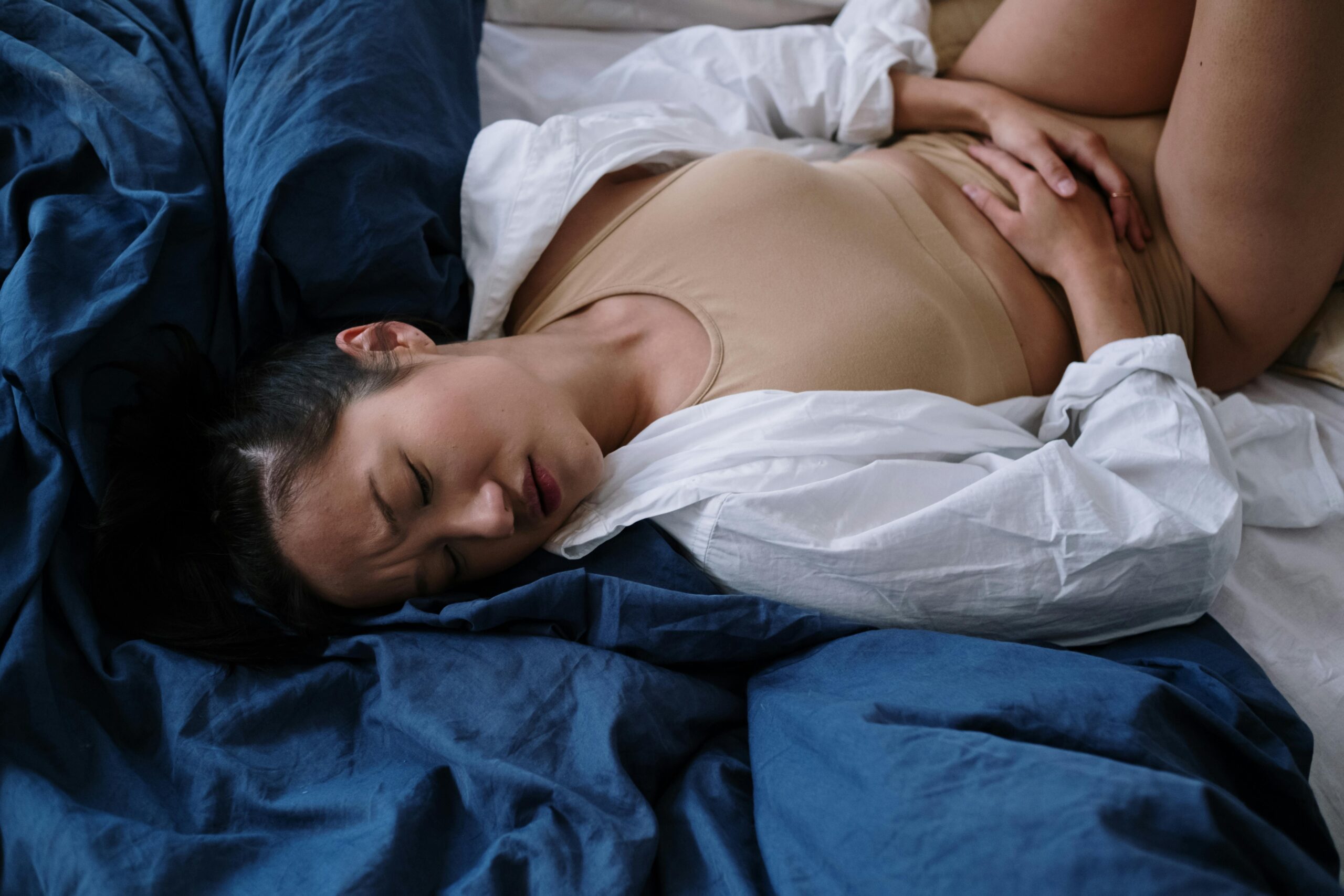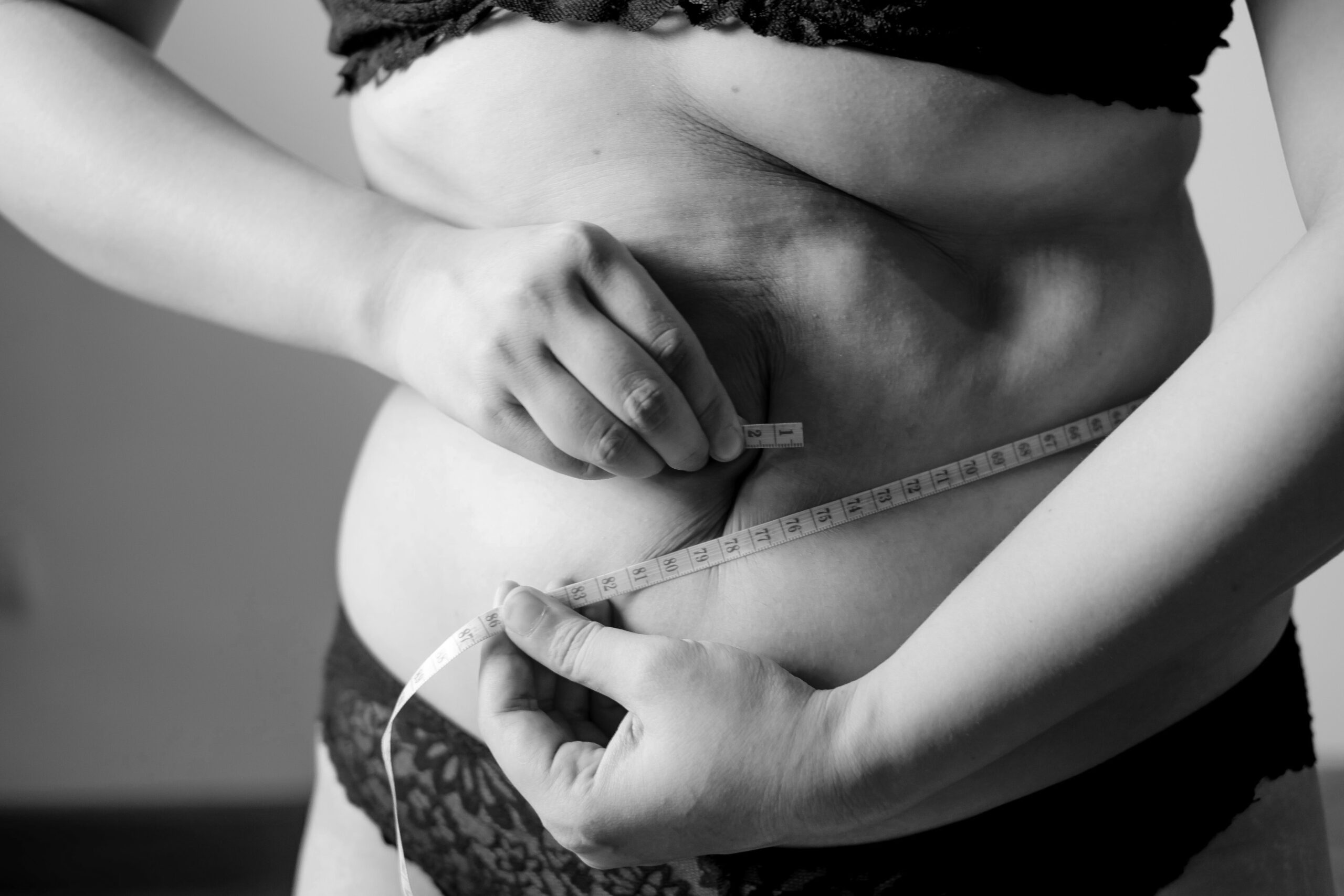
What is postmenopause and how is it different to menopause?
In this article
What's the lowdown?
The menopause is the day when you have not had a period for 12 months. After this you are postmenopausal
Postmenopause is the period of your life after you have stopped having periods
The length of time that you spend in the postmenopause period will depend on when your menopause happens. This is different for everyone
Some women continue to have menopausal symptoms after their last period
If you have vaginal bleeding after the menopause you should always speak to your doctor
What is postmenopausal?
Perimenopause is the period of time before the menopause where your hormones are changing and naturally declining. There is not a fixed, specific age when perimenopause symptoms start. It will be different for everyone but for the majority of women, perimenopause starts in their 40s or 50s1,2
Perimenopause is over when your periods have stopped for 12 months (without hormonal contraception). This day is called the menopause – it really is actually just one day! After this day you are postmenopausal.
The average age of menopause in the UK is 511, but this varies a lot between different women. This means that a lot of women live a third of their lives being postmenopausal!
Many of the symptoms you might have experienced in perimenopause start to improve when you are postmenopausal. Some women still have symptoms of menopause even after their periods have stopped.
It can be more difficult to know if you are postmenopausal if you are using hormonal contraception. This includes the pill, injection, hormonal coil or contraceptive implant. This is because they can affect your periods, making them lighter or stopping them. If you are using the combined pill (which contains both oestrogen and progesterone) then you may still have monthly bleeds. These bleeds are not a true period. If your method of contraception is making it difficult for you to know where you are at with the menopause, speak to your GP to discuss this further.
What’s the difference between menopause and postmenopause?
When most people refer to menopause, they really mean perimenopause. This is the period of time leading up to your periods stopping. Perimenopause often comes hand in hand with common symptoms such as hot flushes or mood swings. You may experience a couple of symptoms throughout perimenopause or you might experience every symptom – it really is individual.
These symptoms are a signal that things are changing, and that your last period is on its way.
Menopause is technically-speaking one specific day, which is 12 months after your last period.
As a result of hormonal changes, up to 90% of women notice some symptoms before they reach official menopause. For some they start gradually. Others report that they come on quite suddenly. Some of the most common are1,3;
- irregular periods
- hot flashes (or hot flushes!)
- changes in your sleep pattern
- vaginal dryness
- mood changes
If you have not had a period for 12 months and you are in your 40s or 50s, you may be postmenopausal. This can happen even if you have not had any other symptoms.
If you are under the age of 40 and you haven’t had a period for 4 months, don’t assume that you are post-menopausal. Speak to your GP about this. If menopause has caused your periods to stop, it is important that this is correctly diagnosed. 1% of women experience primary ovarian insufficiency (POI), which is when you start to experience perimenopause under the age of 40 years4. Having an earlier menopause can affect your long term health. An accurate diagnosis is key to getting the right support.
What are the signs of postmenopause?
The key sign is that your periods have stopped!
For most women, the troublesome symptoms they have had in perimenopause improve after menopause. For some, they go on for a while longer.
You may also notice some physical changes as well as your periods ending. Common symptoms that carry on once you have gone through menopause include vaginal dryness, hot flushes, and mood changes.
Menopause produces many physical changes and emotional changes. There is no simple way to manage all the symptoms. A healthy diet, regular exercise, and good sleep can improve menopausal symptoms. They are also important for your overall health and wellbeing3.
There are some specific treatments that can be used to treat menopause symptoms. You may also want to try some supplements. Our Health Hub is a good place to start if you need advice.
Remember that vaginal bleeding after menopause is not normal. It doesn’t matter if you are one week into the postmenopausal period, or twenty years down the line. Blood loss from the vagina still counts as postmenopausal bleeding and should always be checked out by a doctor3.
So, hopefully you now know that menopause is officially a medical term for the day which is exactly 12 months after your last period.
Postmenopause is the period of your life that happens after this. Menopause marks a permanent change in hormone levels. Remember that whilst the postmenopause phase of your life can be a long one, there is no need to suffer unpleasant symptoms.
If you are not sure whether you have gone through menopause, or your periods have stopped and you are younger than 40, speak to your doctor. If you are post-menopausal and you have any vaginal bleeding, this should always be investigated.
To learn more about other women’s experiences of perimenopause and postmenopause, we have hundreds of shared stories to help you compare experiences and answer questions.
Our medical review process
This article has been medically reviewed for factual and up to date information by a Lowdown doctor.






